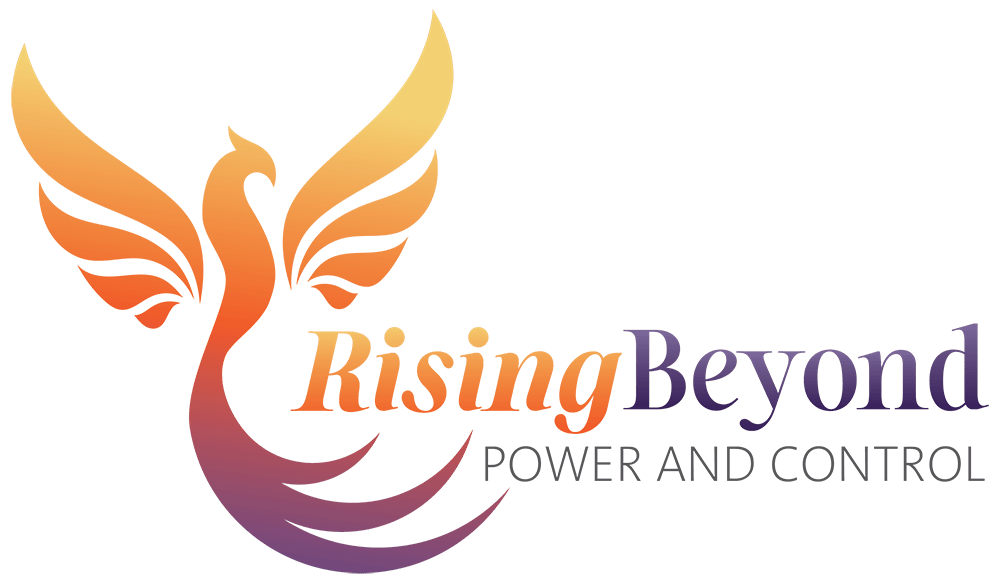 "If someone in your life has a pattern of playing the victim, it may feel confusing and frustrating. You’re not alone and there are ways you can cope." In the article, How People with Narcissistic Personality Disorder (NPD) Play the Victim for PsychCentral, Sybil Cummin, MA, LPC, ACS and other experts weigh in on the patterns individuals with NPD display when playing the victim and how we can respond. What is the "victim mentality" and why do individuals with NPD like to exist in this space? What are the best, proven ways to interact with someone in this state of mind? Read the full article here.
0 Comments
 Leaving a relationship with someone with Narcissistic Personality Disorder (NPD) can be incredibly difficult and confusing. But there are reasons it's so hard. "Perhaps you've noticed that the abuse isn't "on" all the time. As a result, you may be wondering whether you should stay or go. To add to the confusion, you may not know if your circumstances even qualify as abuse. If this is striking a chord for you, know you are not alone. There are others out there who have been through this, too, and support is available for you." In the PsychCentral article, How to Leave an Abusive Relationship with Someone with NPD, Sybil Cummin, MA, LPC, ACS and other experts in the field of domestic violence and narcissistic abuse weigh in on why this is so difficult, and what victims can do about it. Read the full article here.  "If what is being mirrored back to you is a person worthy of love and respect, a reflection of your strengths and your greatness, you will likely agree and walk with your head held high. Ready to take on the world. If the people around you are reflecting something different, maybe it’s time to change who is around you. Sounds easy. But what if the people you have around you say that they love you and that they will take care of you, but the reflection does not match? If you believe that you are unworthy and are broken based on what you see in the people around you every day, the idea of leaving and finding your new village of people where your greatness will be reflected seems impossible. In fact, you probably will take on the reflections you receive back to you as truth. That you are unworthy. That you are broken." In her article for bizcatalyst360.com, Sybil Cummin, MA, LPC, ACS, discusses the importance of surrounding yourself with a genuinely supportive inner circle -- people who will reflect and validate the best version of you -- when healing from a relationship of domestic violence and narcissistic abuse. Read the full article here. By Sybil Cummin, MA, LPC, ACS  When thinking about domestic violence, the physical forms of violence seem to be what folks think about and hold as the most vicious form of abuse. It is true that physical and sexual abuse cause a significant amount of harm and trauma to its survivors. But let’s look at one of the actions that allow someone to maintain a level of power and control that can lead to physical abuse...gaslighting. What is gaslighting? Gaslighting is a specific type of manipulation done from one person to another where the manipulator succeeds in having the target question their own reality, memory, or perceptions (Wikipedia and Oxford Languages Dictionary). This can be done in many different ways by an abusive partner, from minimizing the abusive experience: “Oh my God. You are over-exaggerating. That didn’t really hurt.” To telling you how you do or do not feel: “You're not actually sad, you are just trying to get attention.” To challenging your perceptions of a situation: “Wow! That’s not how I remember it at all. Did you take your meds this morning?” |
AuthorSybil Cummin, MA, LPC, ACS, is a Licensed Professional Counselor who specializes in working with victims and survivors of narcissistic abuse. Archives
July 2024
Categories
All
|
About |
Resources |
Member Content
|
The content on this website is meant for informational and educational purposes only and is not intended to substitute medical or mental health diagnosis or treatment. Rising Beyond Power and Control also differentiates between coaching services and counseling services. You can read our full Disclaimer here.

 RSS Feed
RSS Feed
